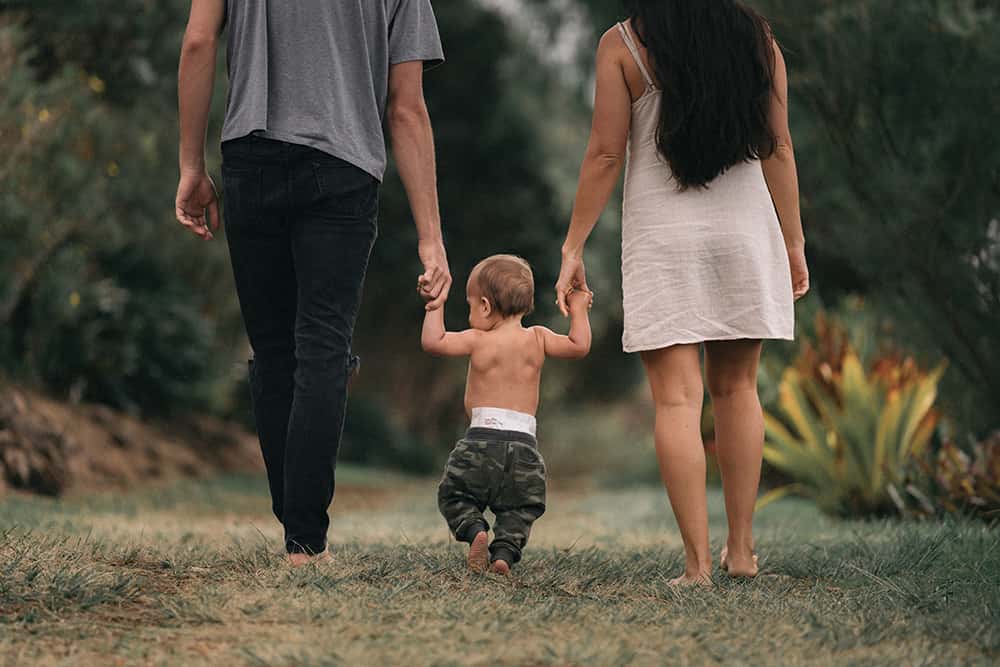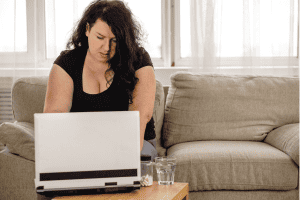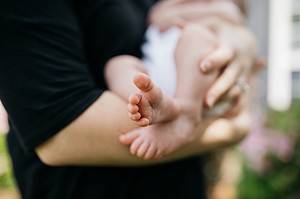Preparing for another birth after birth trauma
Preparing for another pregnancy or birth after experiencing birth trauma can feel impossible. It’s a journey that’s often filled with apprehension, anxiety and overwhelm… leaving many women not knowing where to start. And, the pressure from others to make decisions about expanding your family can add even more stress to an already complex situation.
Here we talk about what this may mean to you and where you can get support.
From my work supporting thousands of women in this space, I’ve come to learn that the very first and crucial step in preparing for another birth after trauma is managing triggers. This is ESPECIALLY important when you are feeling the anxiety, hesitation and nervous anticipation of doing it all again.
As you read this blog, if you’re resonating with the information, please know that healing from birth trauma is possible. Recognising and managing triggers involves acknowledging the emotional wounds and fears tied to the previous traumatic birth, and then working to reduce their impact. This involves actively developing coping mechanisms to manage potential triggers.
First though, let’s unpack how to navigate pressure from others to have another child.
My top 5 tips for dealing with the pressure from others to have another child
For anyone who has experienced birth trauma, the decision to have another child is a deeply personal one. The timing around this decision will depend on your own healing and readiness.
While well-meaning people in your life may exert pressure, it’s important to remember that you hold the reins of this decision.
If you’ve been feeling pressure from someone in your life, these 5 communication tips can help you to express your feelings and set firm but necessary boundaries with others who may not understand the complexities of your experience:
- Acknowledge their interest and concern
“Thank you for your interest and concern, it means a lot to me, however this is a personal decision that my partner and I need to make on our own time.”
- Be clear and direct
“I appreciate your thoughts, but we are focusing on our current family dynamics right now. Please respect this and don’t pressure us.”
- Share your feelings and concerns
“I understand you’re excited about the idea of another baby, but I need to be honest with you, I’m still processing the trauma from my previous experience, and the thought of doing it all again is overwhelming for me right now.”
- Assert a FIRM boundary
I know you mean well, but the constant pressure to have another child is causing me stress and anxiety. I need you to respect my boundaries and stop bringing it up.
- Suggest a change in topic
“I understand that you’re excited about the idea of us having another child, but can we talk about something else? I’d love to hear about what’s new with you and your family.”
These statements can help to manage some of the external pressures, and open up some time, space and energy for healing.
Psychological preparation
Birth trauma is not your fault. Having safe spaces to process memories of your traumatic birth, and manage triggers, can significantly reduce feelings of distress, fear, and anxiety, that may surface when contemplating birthing again.
Collaborating with a Specialist Perinatal and Birth Trauma Counsellor can empower you to build a comprehensive wellbeing plan that supports your journey towards another pregnancy.
Learning how to navigate birth trauma triggers
A trauma trigger is anything that sparks the ‘memory’ of trauma, causing you to feel distress from the past as if it were real in the present. The ‘memory’ may be a visual remembering, OR it may be an intense emotion, physical feeling in the body, or a particular thought that was experienced at the time of the event.
When triggered, the mind and body re-experiences that visual, emotion, physical feeling or thought as if it is happening in the present. And the result can feel overwhelming.
Following birth trauma, this can look like:
- Overwhelming emotions or bodily sensations when visiting the same hospital or care provider
- Heavy emotions or sensations when smelling certain odours (such as disinfectant), or hearing certain sounds (such as sirens)
- Certain phrases or words may trigger an emotional or physical response
- Experiencing heightened emotion with seemingly unrelated situations where there is a felt sense of powerlessness or a lack of control.
Triggers don’t always make sense to the mind, but the body is feeling the same sensations or emotions it did when the event first happened, so it responds in the same way.
Through trauma-informed counselling and modalities such as EMDR, trauma triggers can be supported to lessen in their intensity.
The role of advocacy
Because the experience of trauma often includes feelings of powerlessness and not being listened to, it’s crucial to establish strong communication with your care providers and to feel that your voice and preferences are heard and understood.
This can happen through self-advocacy, or support from another trusted person, who can help you to advocate for your needs during pregnancy and birth.
As you choose how and who will be part of advocating alongside you, it is important to be aware of where intentional or unintentional gaslighting may be undermining or diminishing your reality and experiences. Learn more about: understanding gaslighting in birth trauma.
Planning for another birth
Planning for another birth after birth trauma includes considering the different steps along the way, from your birth environment to the support team you choose.
Collaborating with professionals who understand birth trauma and the impacts of birth trauma can provide increased understanding and opportunities to build safety and to feel supported.
Be supported through specialist antenatal classes for birthing after trauma
While most antenatal classes out there are geared toward those preparing for their first birth experience, birthing again after trauma requires specialised education and support. In a first of its kind, our program Birth After Trauma, delivers this unique education to you and your partner. Over 4 weeks of live online classes with a registered perinatal counsellor and childbirth educator, including content from guest experts, hard copy resources delivered to your door, and practical tools, Birth After Trauma is only program you need to move beyond your fear and confidently birth again after birth trauma.
Click here to learn more about Birth After Trauma, including course dates for 2024, and how it can support you through birth after trauma.















